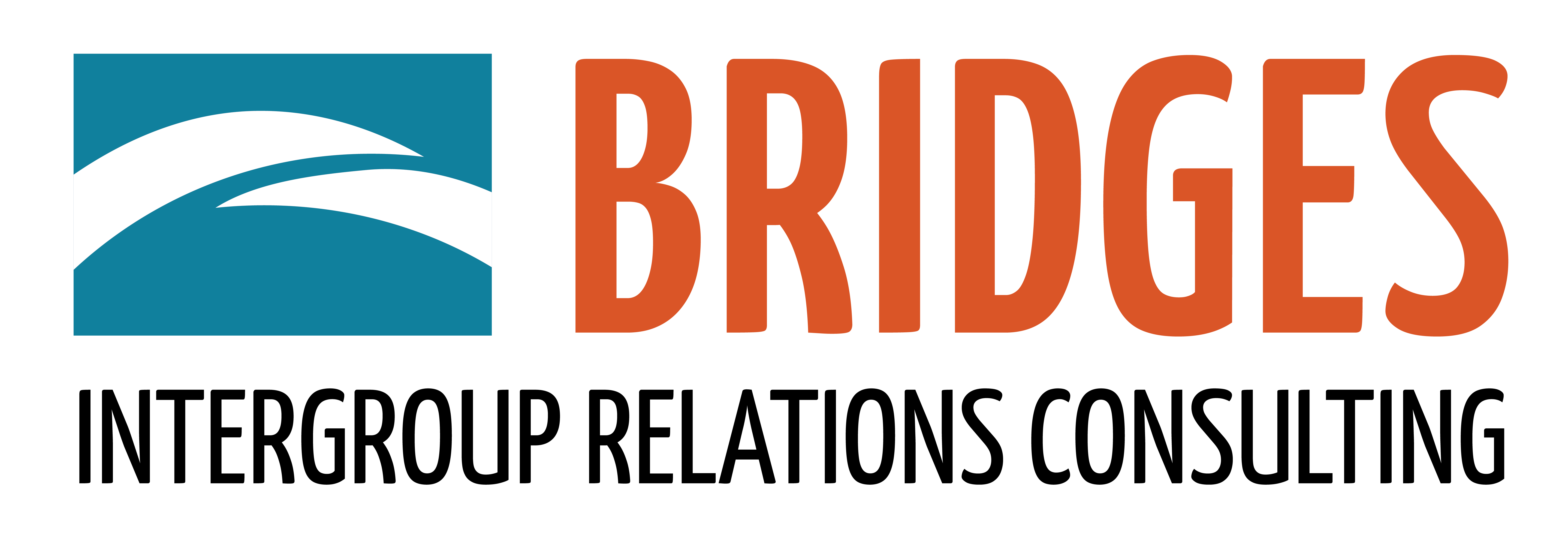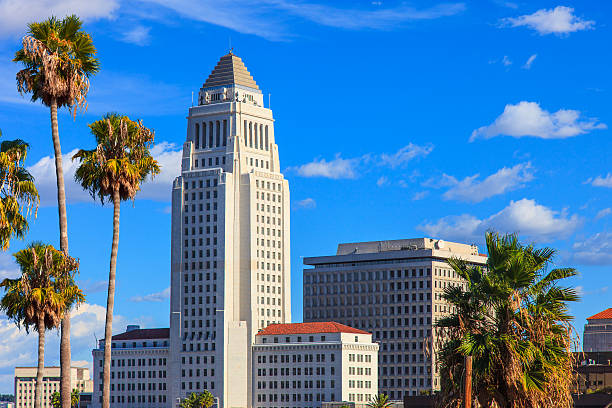By Maia Ferdman and Shaphan Roberts
Los Angeles continues to reel from the leaked audio of four prominent LA leaders making obscenely racist remarks about their colleagues and fellow community members. As we experience compounded pain and outrage as a city, as calls for resignation and reform intensify, and as many of us ask ourselves whether we can trust our own city leadership, we are here to say: it doesn’t have to be this way.
To transform the entrenched and toxic dynamics that led to these remarks, Los Angeles must try something new: build bridges.
In particular, as we head into the general election, mayoral candidates Karen Bass and Rick Caruso should commit to investing in bridge building skills and promoting positive intergroup relations as a core part of their platforms.
We are a Jewish Latina woman and a Black man from South LA who team up regularly to bring people together across lines of major difference. Namely, we are “bridge builders,” or practitioners dedicated to building individual and collective capacities to resolve conflict, work across differences, and lead empathically and effectively.
In our work, each of us has seen firsthand the transformative power of bridge building skills and spaces to challenge division, polarization, and animosity. We have supported police officers and community members to build new understanding after a charged exchange. We have watched Latinos and Black Americans, Muslims and Jews, and Republicans and Democrats build mutual respect and resilient relationships. We have broken through rancor to facilitate brave and honest policy conversations about racial equity, homelessness, and public safety with multiple stakeholders.
Since the summer of 2020, we have been meeting with a group of Los Angeles-based bridge building organizations to think about ways our collective skills and approaches to conflict resolution and intergroup relations can support and enhance civic processes. We are currently working to identify other bridge building practitioners across Los Angeles with capacities that can support this very moment.
We believe these kinds of bridge building skills and spaces can help Los Angeles to heal. But only with an earnest and holistic commitment.
We love this city too much to think this is the best we can be.
We do believe the desire for change is present among many city leaders. But building positive intergroup relations and true racial equity requires dedication and follow through.
Both Bass and Caruso should commit to amplifying – and funding – the bridge building work already within the City’s own ecosystem, such as the City’s new Peace and Healing Centers, which will launch early next year, the LAforAll campaign, the City Attorney’s Dispute Resolution Program, the Mayor’s Interfaith Council, and more. They should connect to relevant research undertakings, such as UCLA’s new Initiative to Study Hate. And they should consult with bridge building organizations about ways to integrate inclusive, anti-racist, and restorative practices into the way they would conduct their business as mayor.
Above all, they should commit to modeling humility, kindness, and absolute integrity when it comes to conversations about race and identity.
These are not superficial or banal processes. Nor is this a call to “just get along” or to “just move on.” We also do not want to minimize the vulgarity of the leaked remarks or the pain they have caused.
Rather, it is a call not just to stay stuck in the outcry of pain and anger, but to build something new out of that pain and anger. It takes a strong civic muscle to confront the kinds of toxic identity-based divisions we heard in the leaked audio, and it takes a strong social infrastructure to turn dialogue into political action. Yet that is the promise of a Los Angeles that is pluralistic, strong and resilient in its diversity, and prepared to support and uplift all our communities.
Until our leaders commit to investing in efforts that promote this shift systemically, this toxic dynamic will only continue.


Recent Comments